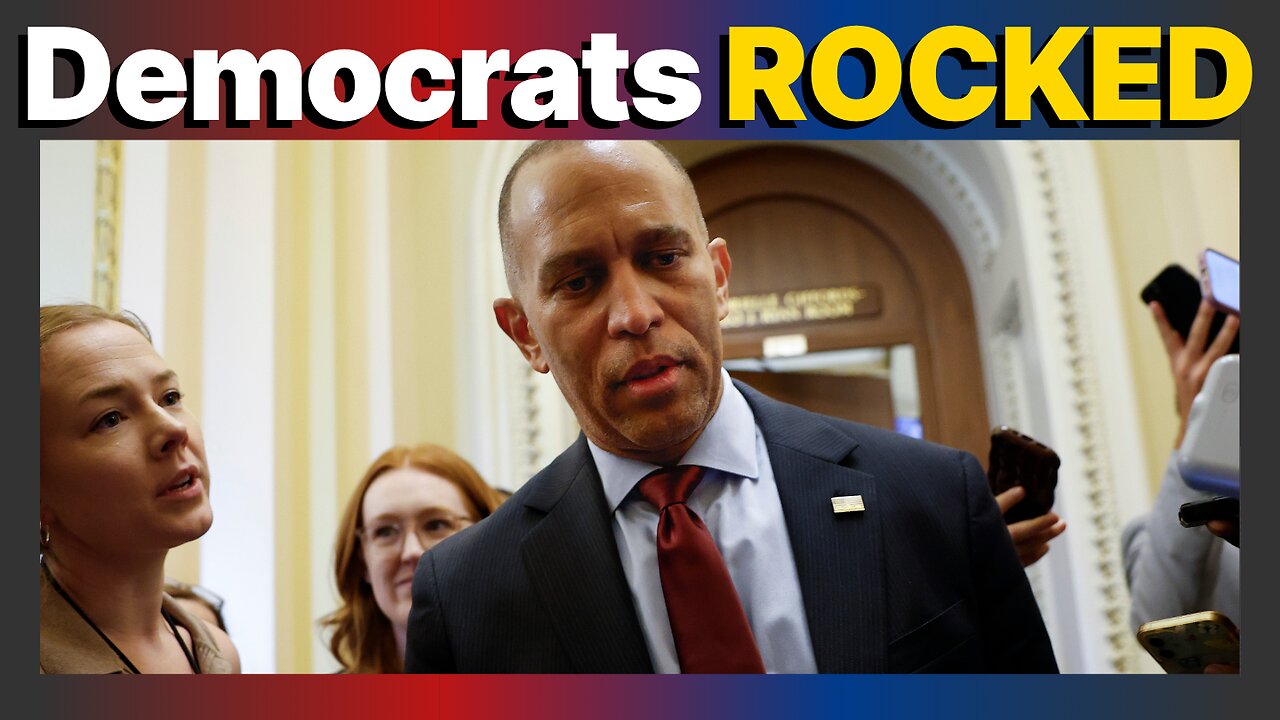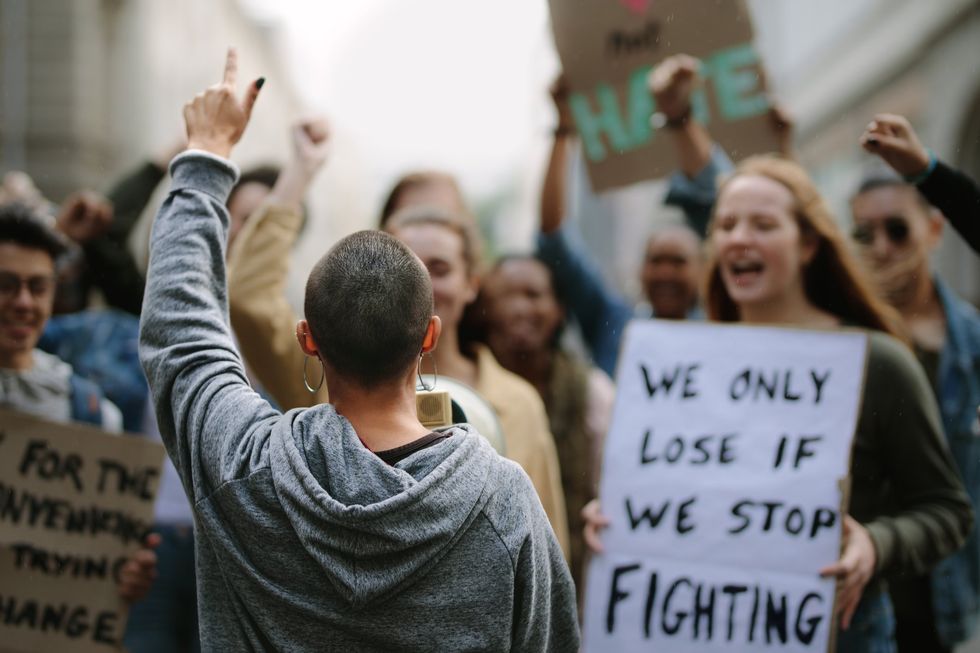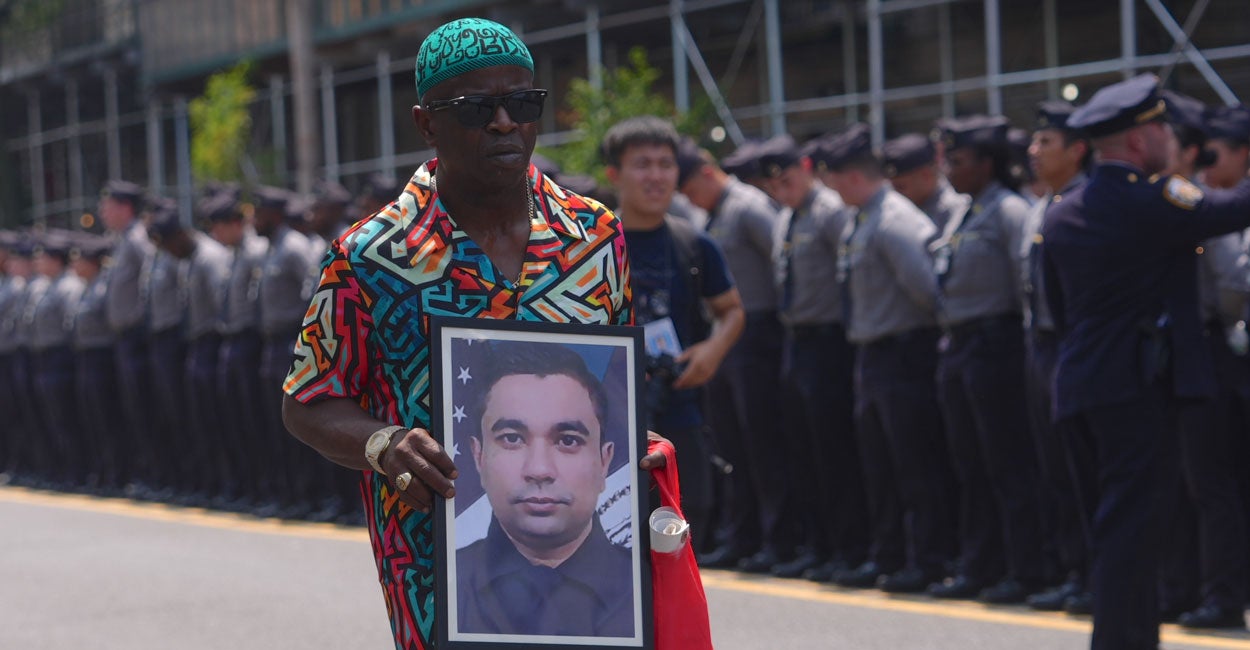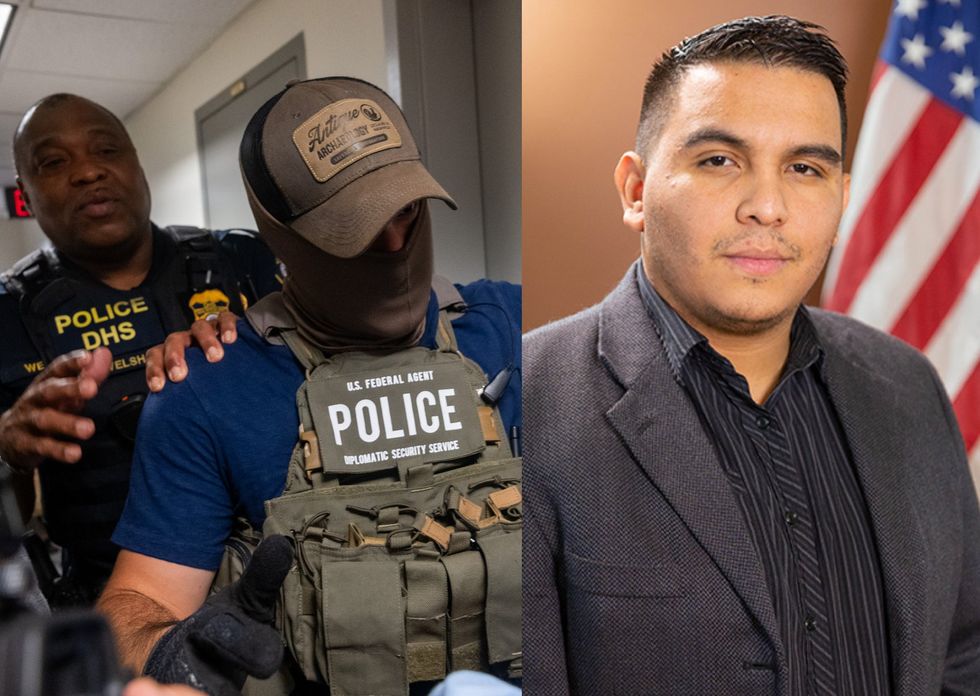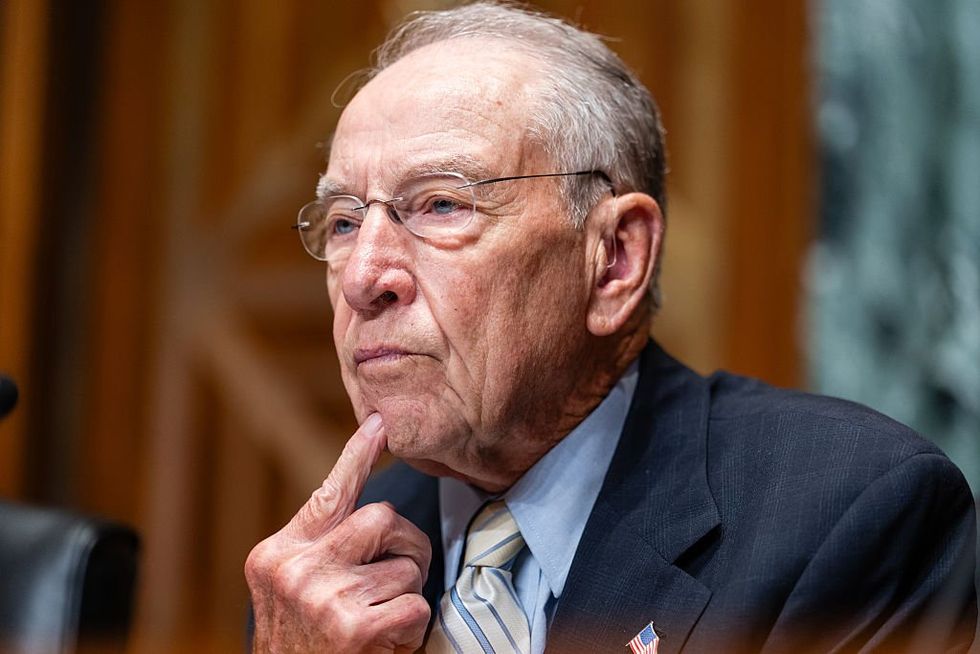A ‘free speech’ right to immigrate? Don’t be absurd!


Should we allow people in the United States to say hateful things? Absolutely — that is the essence of America. We cannot start down the slippery slope of punishing people for their beliefs, as we saw under the Biden administration with the treatment of January 6 defendants.
Does that mean we should admit foreigners who hold pro-terrorist beliefs and spread them on social media? Absolutely not! Freedom of speech is a right, but no foreigner has an affirmative right to immigrate. We must be discriminating about whom we allow into the country.
The United States already contends with enough homegrown anti-American extremism. Why import people with repugnant views that oppose universal Western values?
As part of a broader order addressing anti-Semitism, Trump directed federal agencies to monitor foreign nationals who promote hate and pro-terrorist sentiments, targeting them for potential removal.
The Hamas-aligned Council on American-Islamic Relations quickly objected, suddenly invoking the U.S. Constitution. “Free speech is a cornerstone of our Constitution that no president can wipe away with an executive order,” CAIR said in a statement.
The group likened today’s campus protests to past movements, saying, “Like the college students who once protested segregation, the Vietnam War, and apartheid South Africa, the diverse collection of college students who protested against Israel’s genocidal war on Gaza deserve our country’s thanks.”
Deportation is not a punishment
One key difference separates today’s campus protesters from those who opposed the Vietnam War. Trump’s order, if enforced, applies to foreign nationals in the context of their privilege to remain in the country — not to Americans or foreign nationals facing fines or imprisonment.
Repatriating a foreign national is not a punishment protected by due process. People are free to live in their home country without penalties or imprisonment. Deportation is an extension of national sovereignty, and the United States has the right to set admission conditions based on public charge, safety, and even anti-American views.
The Supreme Court affirmed this principle in Fong Yue Ting v. United States (1893), ruling that “deportation is not a punishment for crime” or “banishment” in the sense of expelling a citizen as a punitive measure. After all, deported individuals remain free in their country of origin.
The justices further stated:
It is but a method of enforcing the return to his own country of an alien who has not complied with the conditions upon the performance of which the government of the nation, acting within its constitutional authority and through the proper departments, has determined that his continuing to reside here shall depend. He has not, therefore, been deprived of life, liberty, or property without due process of law.
If a Hamas supporter is in the United States on a foreign visa, we cannot imprison him simply for expressing his views. But we do have the right to say, “Go back to your country and express your terrorist sympathies where they will be appreciated.”
Deportation of foreign nationals is a matter of executive authority, as delegated by Congress. Due process protections do not apply beyond what Congress has granted. Any lawsuit against this order is baseless.
In Turner v. Williams (1904), the Supreme Court reinforced this principle, stating, “No limits can be put by the courts upon the power of Congress to protect, by summary methods, the country from the advent of aliens whose race or habits render them undesirable as citizens, or to expel such if they have already found their way into our land and unlawfully remain therein.”
Yes, we can deport based on viewpoints
For over a century, Congress has enacted laws allowing deportation for expressing anarchist, communist, pro-Nazi, or pro-terrorist views. Here are just a few:
- Section 212(a)(3)(E) of the Immigration and Nationality Act makes any alien who participated in Nazi persecution inadmissible and deportable.
- Section 212(a)(3)(F) of the INA bars any alien deemed by the secretary of state to have been associated with a terrorist organization and who intends to engage in activities that could endanger U.S. welfare, safety, or security.
- Section 212(a)(3)(D)(iv) of the INA renders inadmissible any immigrant who is or has been a member of or affiliated with a communist or other totalitarian party, whether foreign or domestic.
These provisions reaffirm the long-standing principle that the United States has the sovereign right to determine who may enter and remain in the country.
A formal membership in a terrorist group isn’t the only reason someone can be barred from entering the United States. The law bars entry to anyone who “endorses or espouses terrorist activity or persuades others to endorse or espouse terrorist activity or support a terrorist organization.”
Another statute gives the president expanded authority over nonimmigrant visas, including student visas. The administration can both deny a visa for any reason and also refuse entry even to those who already hold valid nonimmigrant visas. That law explicitly states that issuing a visa does not “entitle any alien” to be “admitted [into] the United States, if, upon arrival at a port of entry in the United States, he is found to be inadmissible under this chapter, or any other provision of law.”
Why can’t we vet these people better?
If foreign students express pro-terrorist sentiments, the law mandates their removal. More broadly, the United States must do a better job vetting the social media activity of foreign nationals, especially those from regions with a strong terrorist presence.
Trump hinted at this need in the executive order on vetting admissions that he signed on his first day in office. The consequences of lax vetting became painfully clear with Mohammed Saeed Alshamrani, the terrorist who killed three seamen at Naval Air Station Pensacola on Dec. 6, 2019. Despite posting pro-jihadi content and praising Osama bin Laden on social media, he was admitted from Saudi Arabia into a sensitive U.S. military pilot training program.
The United States already contends with enough homegrown anti-American extremism. Why import people with repugnant views that oppose universal Western values? During the debate on the nation’s first naturalization law, Theodore Sedgwick argued that America should welcome only “reputable and worthy characters; such only were fit for the society into which they were blended.”
Surely, we can all agree that those who supported the Oct. 7 massacre of Jews don’t meet that standard.
Originally Published at Daily Wire, Daily Signal, or The Blaze
What's Your Reaction?
 Like
0
Like
0
 Dislike
0
Dislike
0
 Love
0
Love
0
 Funny
0
Funny
0
 Angry
0
Angry
0
 Sad
0
Sad
0
 Wow
0
Wow
0
































